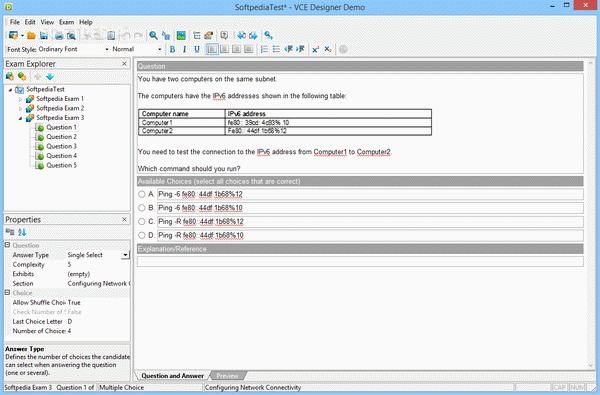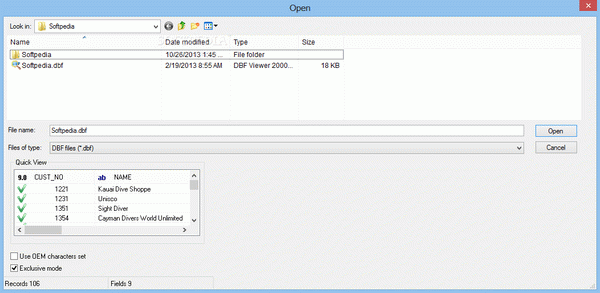Linux running slowly? This one simple tweak could fix it for you
Researchers have discovered a remarkably easy way to make your Linux machines run faster.
Many Linux devices have been plagued by Windows-centric hardware management since 2002, but this could be about to change. Sophisticated interfaces between a machine’s operating system and its hardware, such as the chips that have been slowing down your Linux machine, have long been required in order to ensure that processors with billions of transistors maintain efficiency.
Although the latest ACPI standard replaced the outgoing APM standard in 1996, however even more than a quarter of a century ago, it still had one key flaw.
Slower performance
Computer engineers carry out most of their testing on the industry-standard operating system, which for a long time has been Windows, which leaves Linux distros and macOS mostly unthought-for when they use third-party chips like AMD processors.
With the introduction of its own silicon, Apple has found one way to boost performance all-round with the processors it uses in its computers. The company’s M-series chips are now in their second generation, though this is a costly solution that is simply out of reach for the Linux Foundation.
Linux poor performance
The report continues to reminisce about Linux creator Linus Torvalds’ thoughts when it came to the updated ACPI standard, when in 2003 he said:
“ACPI is a complete design disaster in every way. But we're kind of stuck with it. If any Intel people are listening to this and you had anything to do with ACPI, shoot yourself now, before you reproduce.”
The problem came to light when troubled machines were taking a while to respond to STPCLK# signals, which determine whether a core should idle. This saw power efficiency reduce, which saw some dummy I/O instructions introduced as a workaround.
While this is no longer a problem, AMD engineer K Prateek Nayak found that Linux machines are still following the dummy instructions on his company’s processors. In the meantime, The Register reports a “hasty patch” by Intel’s Dave Hansen, which limits the workaround to only be present on Intel chips, which will be unaffected owing to the different method they use for idling a core. As a result, minimum throughput is said to have increased by around 14 times, and the mean throughput is also said to have increased by just over half.
Ultimately, even as we move into the 2020s, much of the third-party hardware we see on the market continues to be developed primarily with Windows in mind, and it’s likely that tweaks from eagle-eyed engineers will continue to drive improvements for less popular operating systems as time progresses.
Via The Register (opens in new tab)


